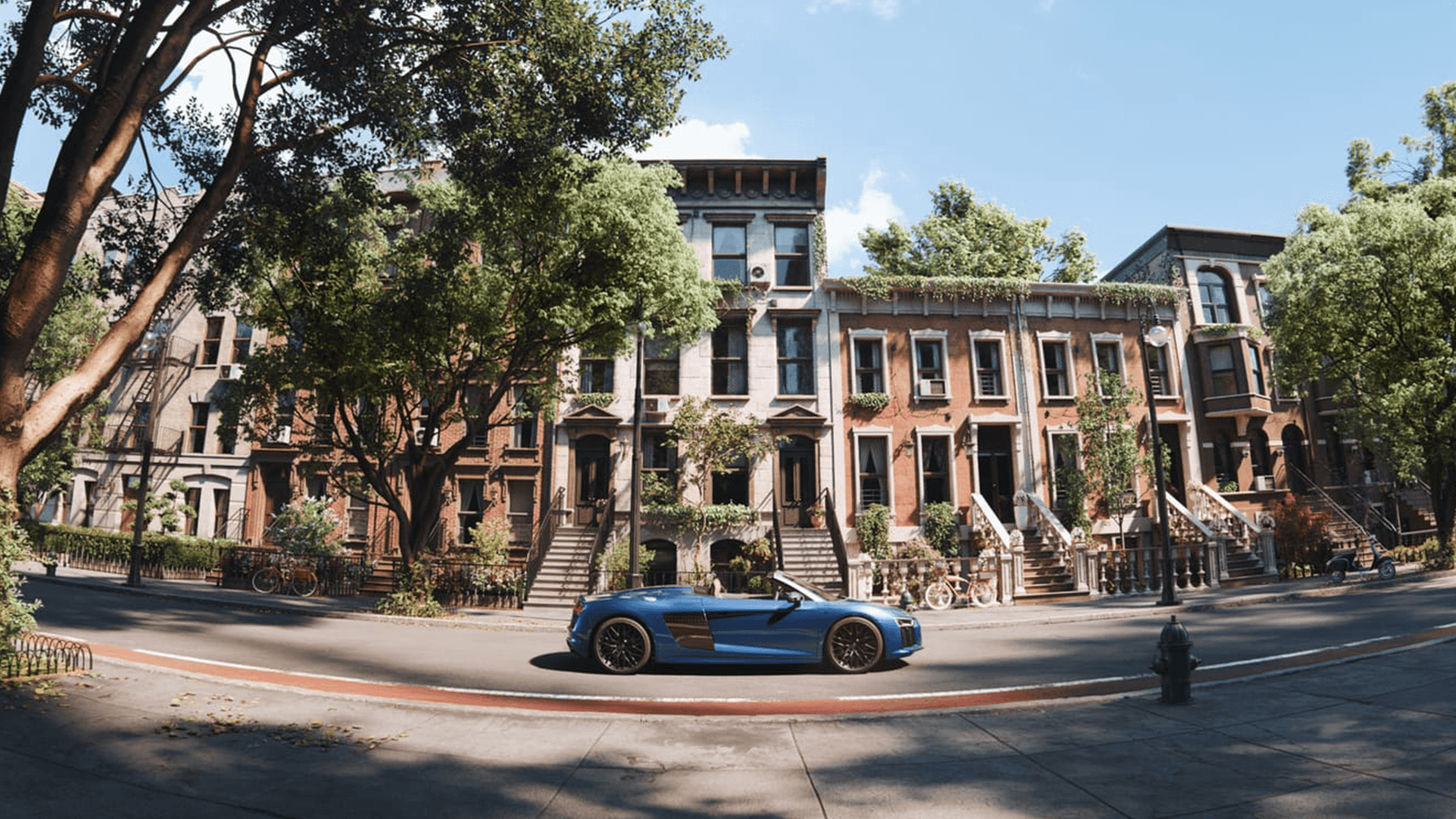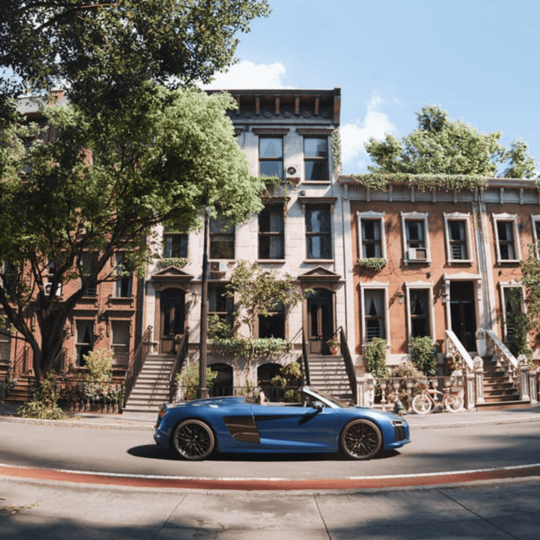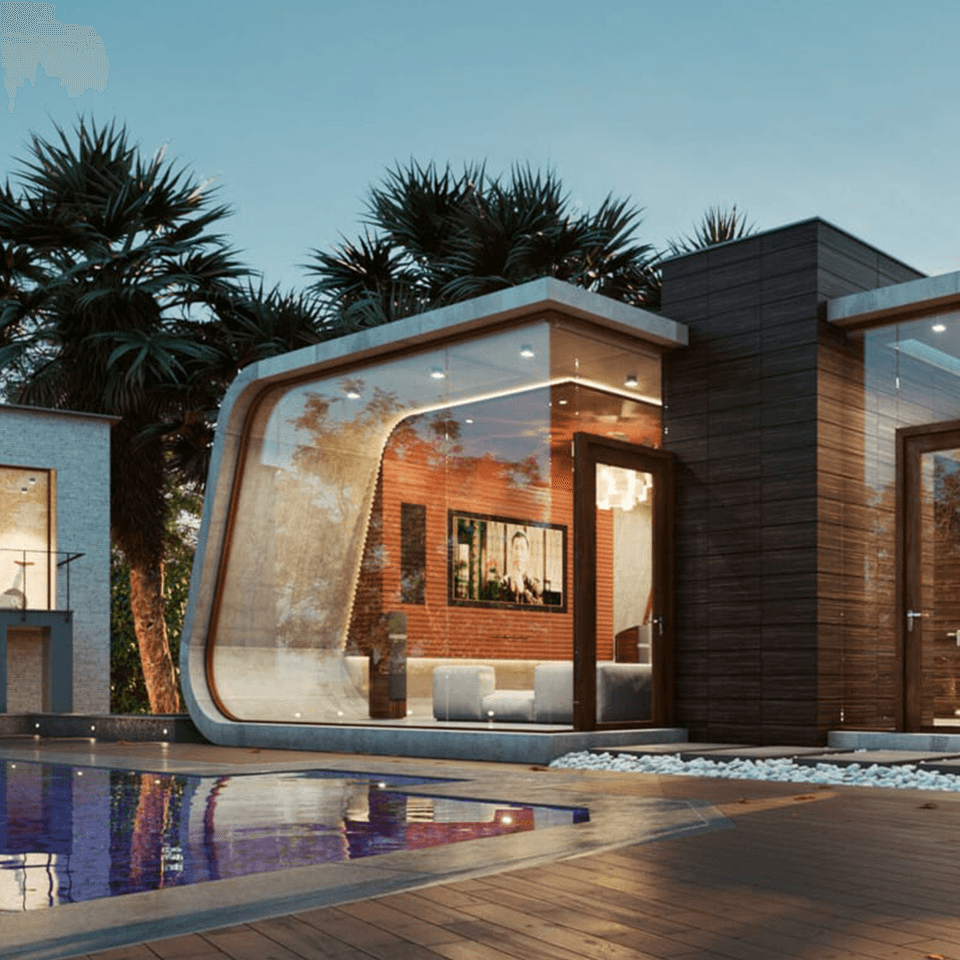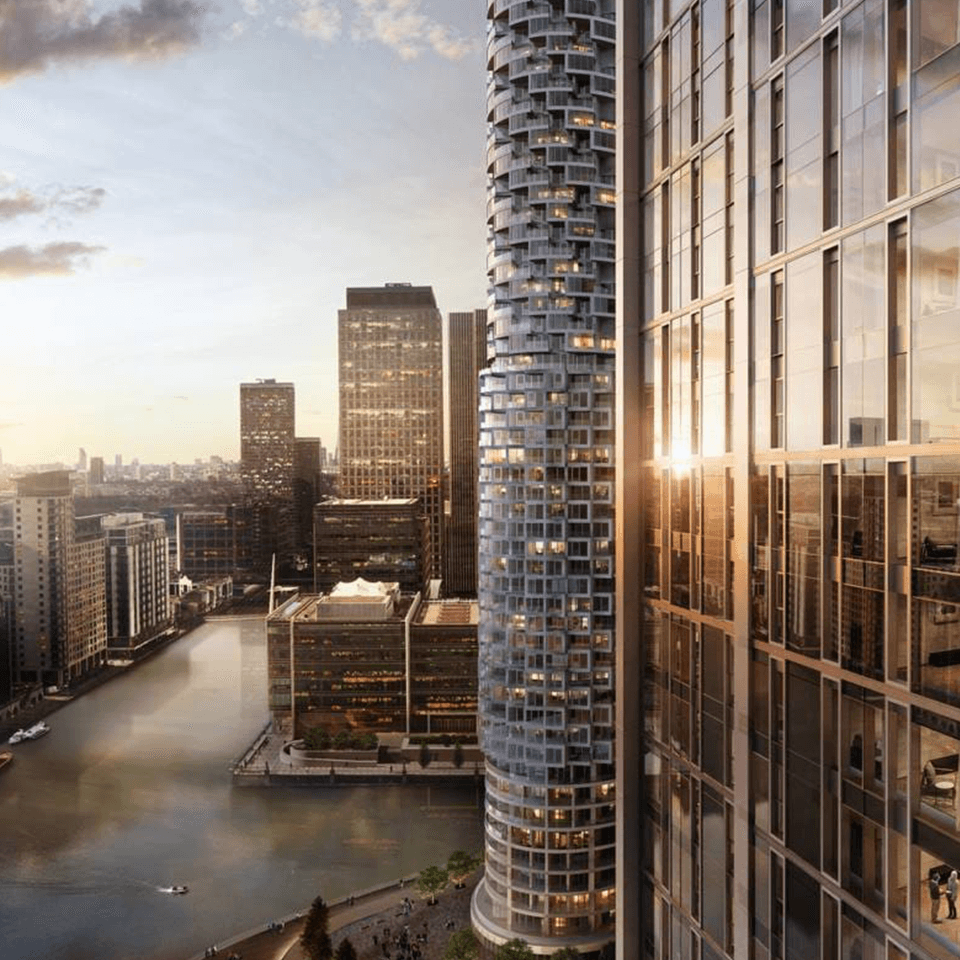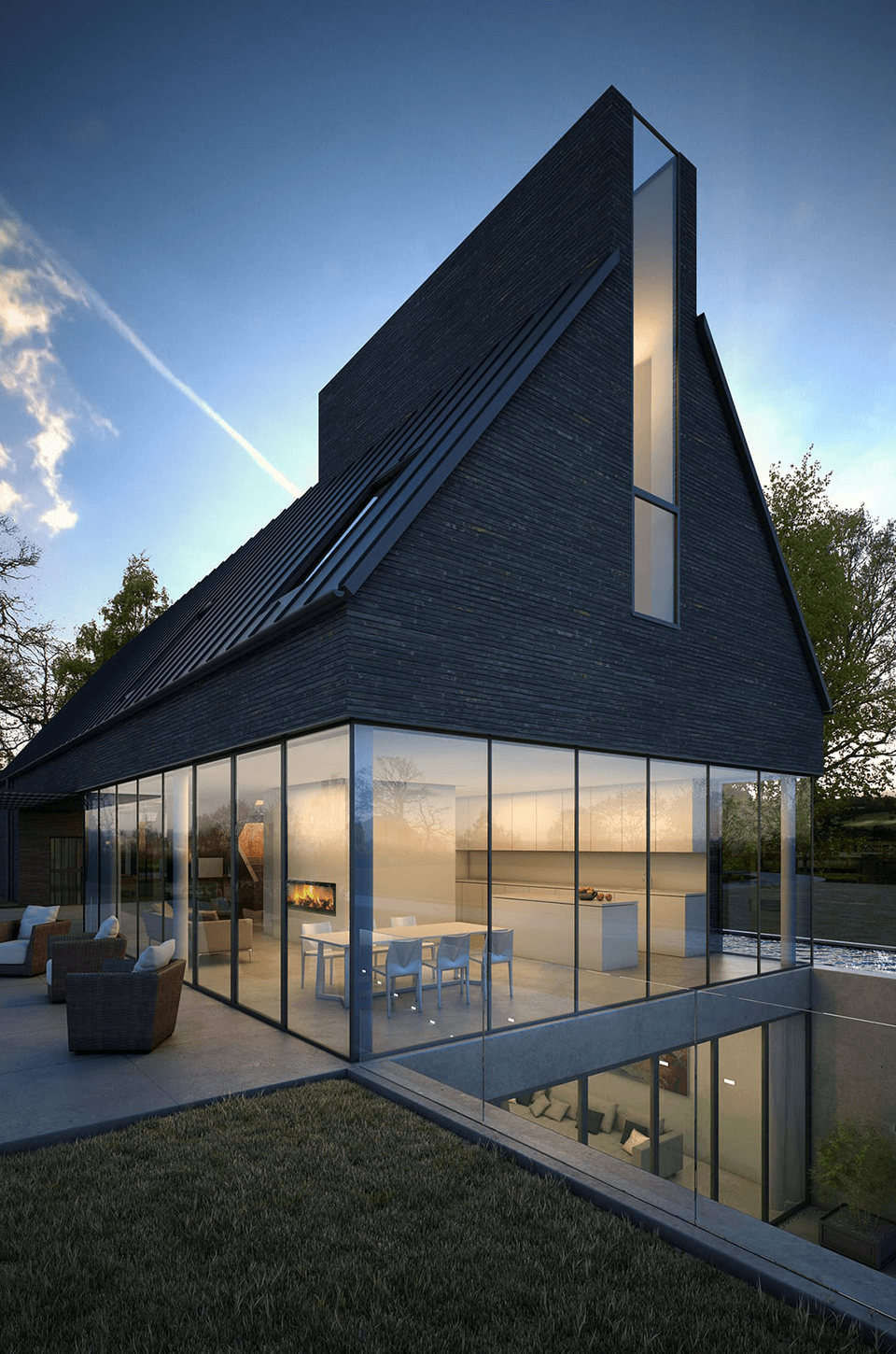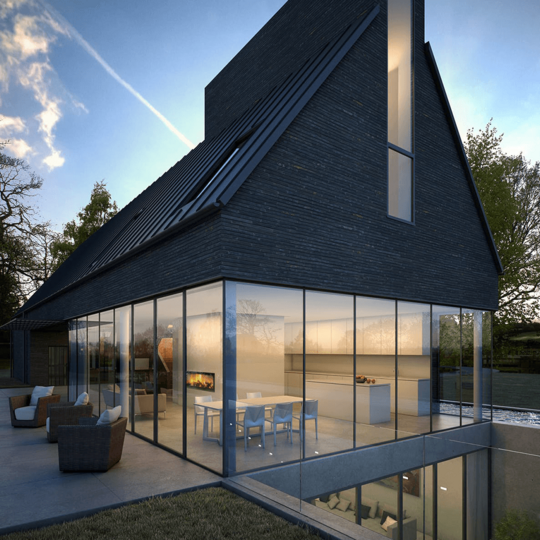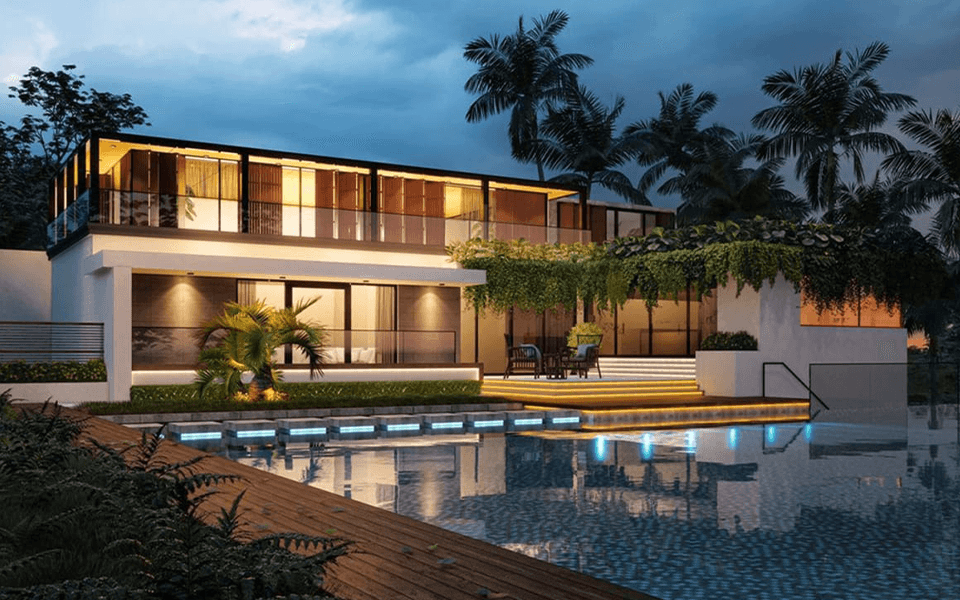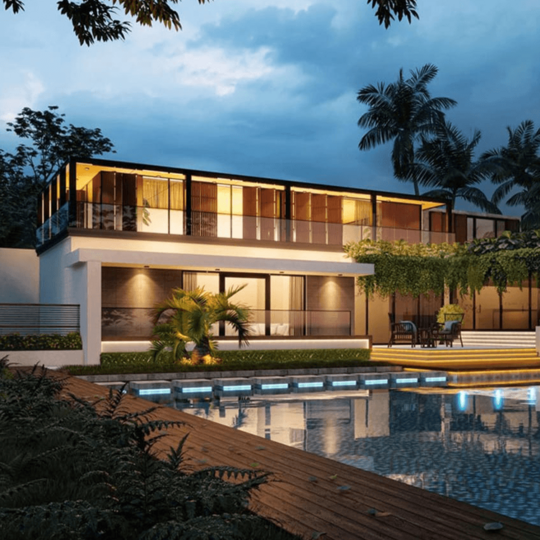 @ The Boundary
@ The BoundaryHow architectural visualization studio The Boundary reimagined the BBC’s iconic Television Centre with Chaos Corona >
Architectural visualization studio The Boundary was commissioned to create a full suite of visual marketing content for The Ariel, a residential redevelopment of London's iconic Television Centre, the former home of the BBC. With a complex brief and a bold creative direction, The Boundary turned to Chaos Corona as the project's exclusive pre-rendering engine. Corona enabled a streamlined, flexible, and collaborative workflow, resulting in assets that perfectly matched their client's creative vision.






